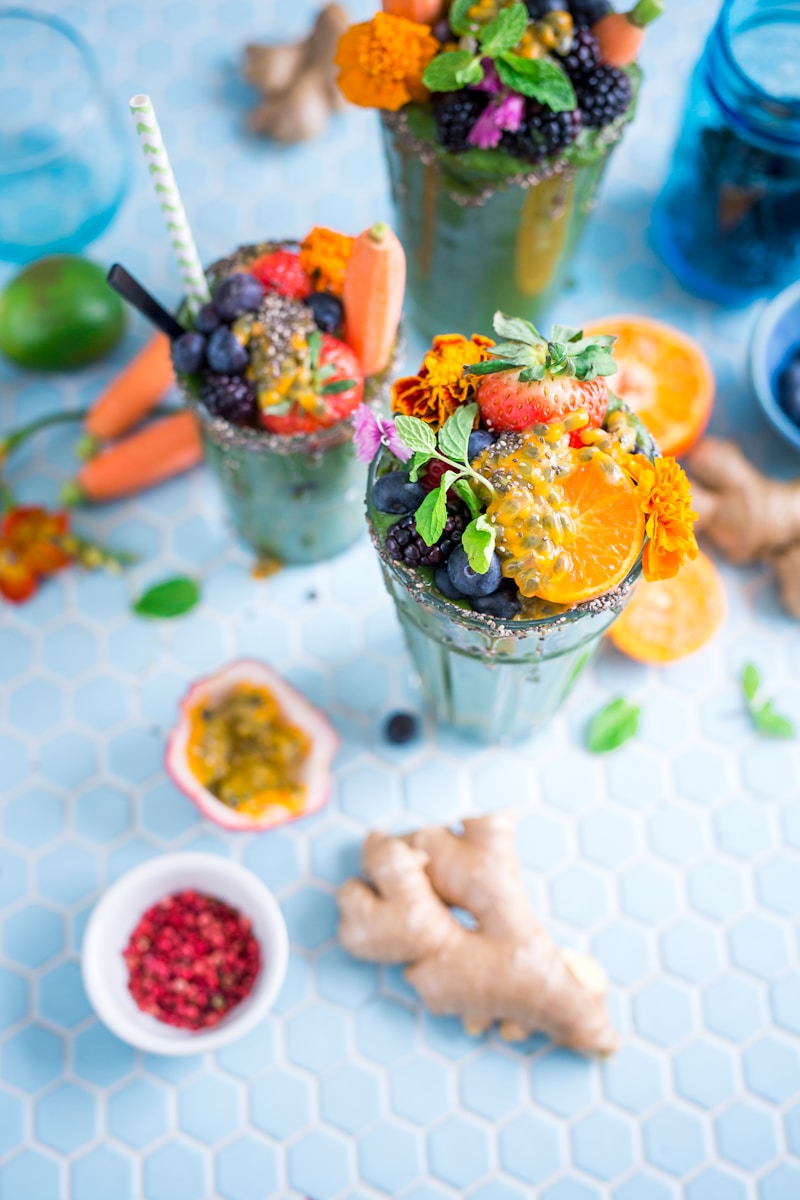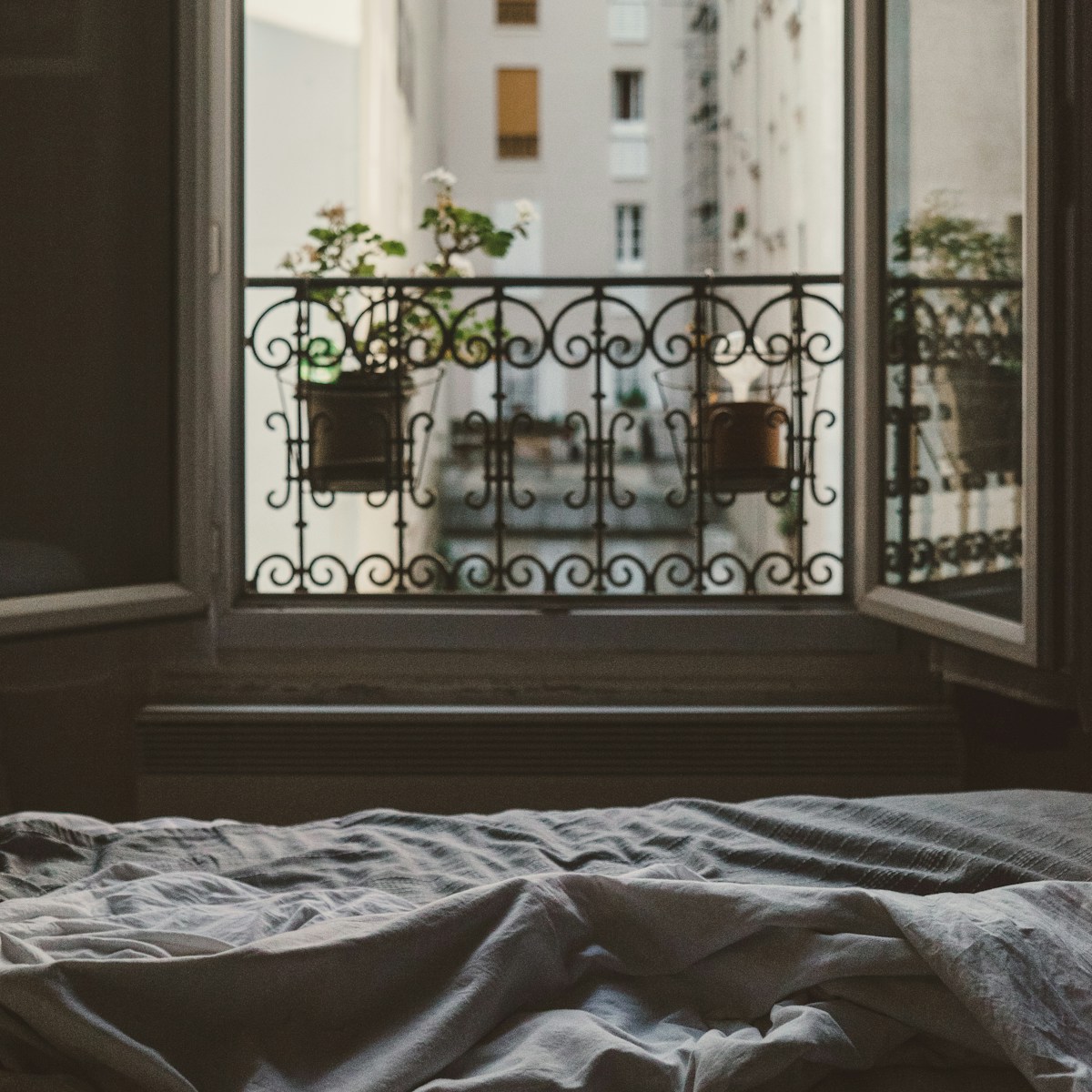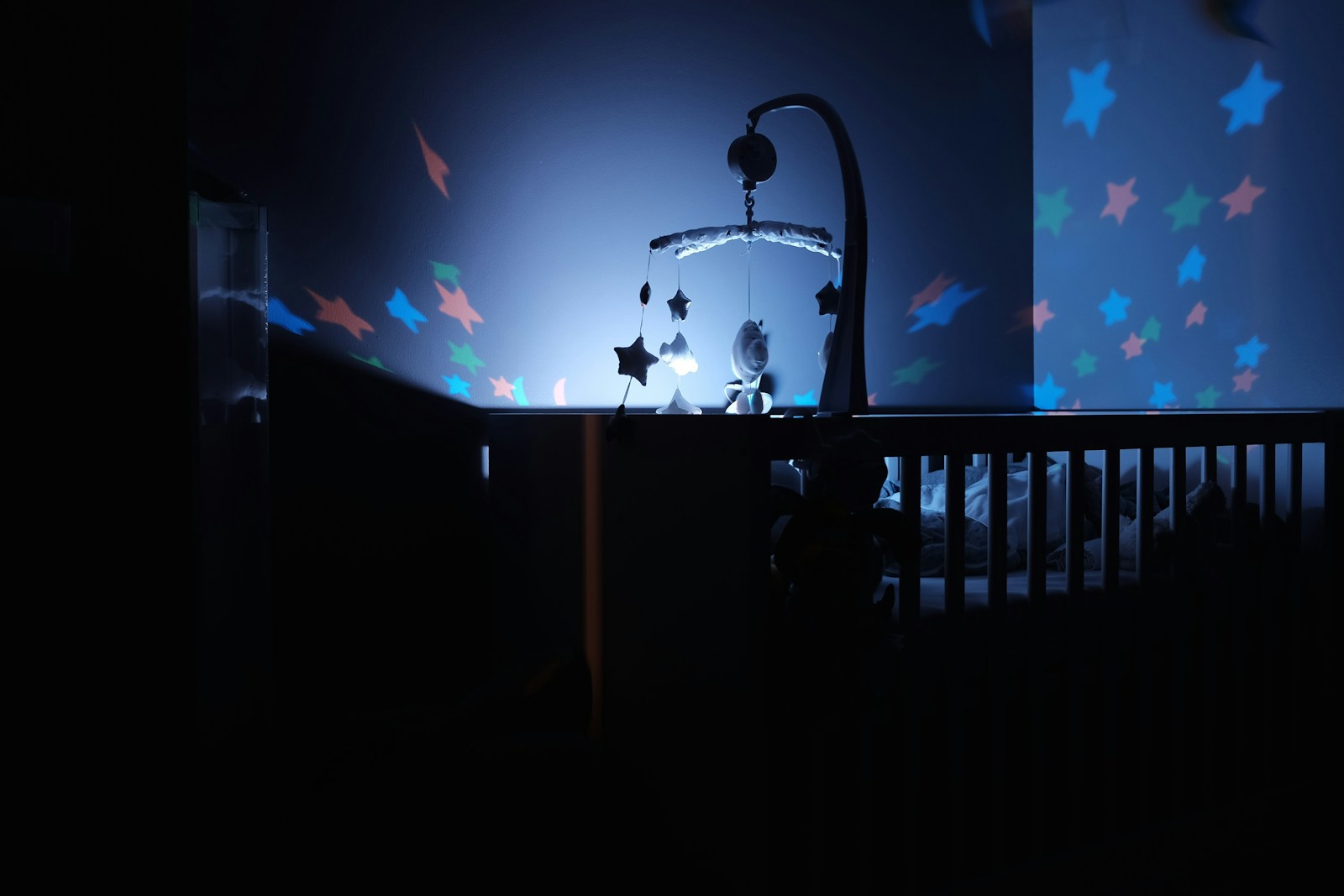Sleep is a universal need, but different cultures have developed their own unique ways of ensuring a good night’s rest. From ancient traditions rooted in Traditional Chinese Medicine to modern innovations in Nordic sleep practices, people around the world have devised various sleep hacks to promote better sleep quality. In this article, we will explore 11 sleep hacks from different countries and cultures, offering insights and inspiration for improving your own sleep routine.
China’s Hot Foot Soak and Sleep-Inducing Fruit
In China, a popular sleep hack involves a hot foot soak and the use of sleep-inducing fruit. This practice stems from Traditional Chinese Medicine (TCM) and is believed to promote relaxation and prepare the body for sleep.
A foot soak is a simple yet effective way to wind down before bed. To create a soothing foot soak, fill a bathtub or small plastic basin with hot water. You can enhance the experience by adding ingredients like Epsom salt, skin-safe essential oils such as lavender and rose, fruit peels, or herbs like mugwort.
According to TCM, this hot foot soak helps draw vital energy, known as qi, down from the head, promoting relaxation. Debbie Kung, a TCM doctor and licensed acupuncturist, explains that the warm temperature of the water relaxes the limbic system, signaling to the brain and body to relax and prepare for sleep.
Jujube fruit, also known as suan zao ren, is another sleep-inducing remedy used in TCM. Jujube is believed to calm the mind and emotions, encouraging a relaxed mood and deep, restful sleep. It contains saponins and flavonoids that suppress feelings of stress while promoting relaxation. Flavonoids, in particular, can also help lengthen sleep time, especially the restorative deep sleep known as slow-wave sleep (SWS).
India’s Herbal Remedy
Ayurveda, the traditional medicine of the Indian subcontinent, offers an herbal remedy for better sleep. One of the most important herbs in Ayurveda is ashwagandha, which has been used for thousands of years to reduce stress and anxiety and support mental health.
Research has shown that ashwagandha can have a positive impact on sleep quality. In a randomized, double-blind, placebo-controlled study, healthy adults who took ashwagandha supplements experienced reduced sleep latency (the time it takes to fall asleep), improved sleep quality, reduced non-restorative sleep, and improved overall quality of life.
Another study found that ashwagandha was associated with greater reductions in anxiety and morning cortisol levels, a stress hormone that can contribute to disrupted sleep. However, more research is needed to fully understand its safety and potential adverse effects.
Sweden’s Favorite Meat and Bedtime Drink
In Sweden, two sleep hacks involve a favorite meat and a bedtime drink. Swedes have discovered the benefits of elk meat and a warm porridge-drink called Välling for better sleep.
Elk meat is rich in protein and tryptophan, an essential amino acid that can aid sleep. Tryptophan is known to promote the production of serotonin, a neurotransmitter that helps regulate sleep and mood. Elk meat contains higher levels of tryptophan compared to other meats like turkey.
Välling is a traditional milk cereal drink made from ground oats and cow’s milk. It is often consumed right before bedtime, providing a nutrient-rich and filling option to promote sleepiness. Warm milk, including Välling, contains compounds like tryptophan, magnesium, melatonin, and serotonin that support healthy sleep cycles and induce relaxation.
Finland’s Sauna Steam
In Finland, the traditional practice of enjoying a sauna in the evenings has been found to promote better sleep. Saunas raise body temperature, relax muscles, and induce sleepiness.
Research has shown that saunas offer various health benefits, including support for respiratory conditions like COPD, congestive heart failure, peripheral arterial disease, rheumatoid arthritis, depression, anxiety, and muscle recovery.
A survey conducted in Finland found that using a sauna resulted in sleep benefits lasting 1 to 2 nights. Sauna users reported higher mental well-being scores compared to non-users. It is important to stay hydrated during sauna sessions to maximize the sleep-inducing effects.
Japan’s Shikibuton Tradition
In Japan, the shikibuton is a traditional futon mattress used on the floor. This space-saving mattress may offer sleep and health benefits.
The shikibuton is made with natural and eco-friendly materials like cotton and wool. While there isn’t much research specifically on the benefits of futon mattresses, some believe that sleeping on a shikibuton can help prevent or alleviate low back pain and provide support for the spine.
The shikibuton is known for its versatility and can be rolled up and stowed away when not in use. It offers a minimalist and comfortable sleep solution that aligns with the Japanese aesthetic.
South and Central America
South and Central America offer sleep hacks that include the use of hammocks and worry dolls.
Hammocks, often associated with relaxation and leisure, are also a legitimate sleeping option in these regions. Hammocks provide safety and comfort, promoting better sleep quality. Research has shown that the rocking motion of hammocks can shorten the time it takes to fall asleep and lengthen the duration of stage 2 sleep, the stage before deep sleep.
Worry dolls, on the other hand, are handmade dolls used by indigenous people in Guatemala. Children are encouraged to tell their worries and fears to the doll before placing it under their pillow. While there is no scientific evidence to support the effectiveness of worry dolls, the act of naming stressors and symbolically releasing them can help individuals process and cope with difficult emotions.
Multicultural Sleep Customs
Multicultural sleep customs often involve family-oriented practices and the consumption of chamomile tea.
Co-sleeping, the practice of sharing a bed or room with family members, is common in many cultures worldwide, except in North America and Europe. Co-sleeping has been associated with various benefits, including reduced anxiety, fewer negative sucking habits, and fewer dental issues. However, it’s important to consider individual preferences and safety guidelines when deciding whether to practice co-sleeping.
Chamomile tea is a popular sleep aid used in cultures around the world. Chamomile contains apigenin, a compound that binds to receptors in the brain, promoting sleepiness and relaxation. Research has shown that chamomile extract can improve sleep quality, reduce sleep latency, and alleviate sleep disturbances in various populations, including older adults and new mothers.






